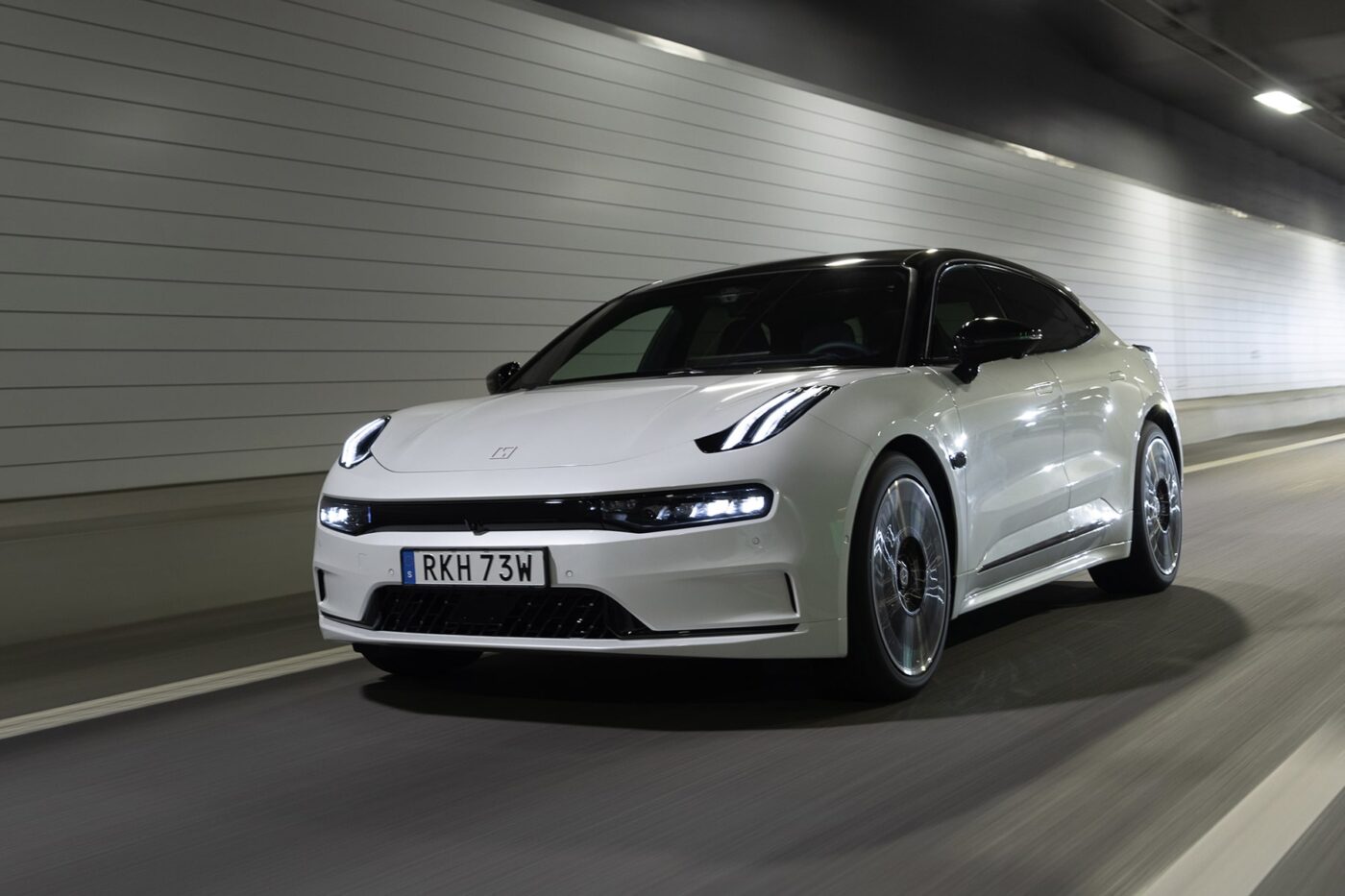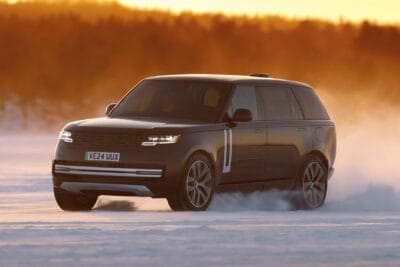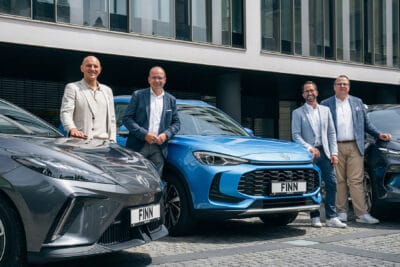CAM study finds Chinese manufacturers catching up with eMobility innovations
Tesla remains the world’s most innovative car manufacturer in the field of battery-electric mobility, ahead of the Volkswagen Group, according to the CAM. However, it is directly followed by two representatives from China, Geely and BYD. The SAIC Group is in 6th place, but achieved the second largest increase in innovative strength in the study.
For the evaluation, the CAM team individually assessed a total of 512 innovations in series-produced electric cars in 2023. Of these 512 innovations, 45 per cent came from Chinese manufacturers, while German OEMs accounted for 20 per cent of global innovative strength. The Geely Group (+51.8 index points (IP)) achieved the strongest growth, followed by SAIC (+35.4 IP), the VW Group (+33.5 IP), BMW (31.3 IP), BYD (25.2 IP) and Tesla (25.2 IP).
In the overall ranking of all total innovations since 2012, however, Tesla continues to lead with 214 IP – but the CAM emphasizes that its competitors have been able to close the gap to the top innovator. With 199 IP, VW is just below the threshold for “top innovator” and is therefore described as the first “fast follower”. As selected, Geely and BYD follow with 156 and 139 IP respectively. As in the previous year, fifth place goes to the Hyundai Group with 120 IP. With 104 index points, SAIC also achieved a three-digit result.
| Place | Manufacturer | Total | Performance 2023 | Classification |
|---|---|---|---|---|
| 1 | Tesla | 214,0 | +25,2 | Top Innovator |
| 2 | VW Group | 199,0 | +33,5 | Fast Follower |
| 3 | Geely | 155,8 | +51,8 | Fast Follower |
| 4 | BYD | 138,8 | +25,2 | Fast Follower |
| 5 | Hyundai | 120,3 | +24,0 | Follower |
| 6 | SAIC | 104,1 | +35,4 | Follower |
| 7 | MB Group | 86,7 | +8,1 | Follower |
| 8 | BMW | 80,0 | +31,3 | Follower |
| 9 | Stellantis | 78,5 | +21,0 | Follower |
| 10 | GM | 74,5 | +11,9 | Follower |
| 11 | Renault | 62,9 | +6,9 | Follower |
| 12 | BAIC | 47,7 | +7,1 | Follower |
| 13 | Rivian | 39,3 | +11,0 | Newcomer |
| 14 | Ford | 37,2 | +8,2 | Laggard |
| 15 | Xpeng | 32,0 | +16,9 | Newcomer |
| 16 | Tata | 28,4 | +6,5 | Laggard |
| 17 | GAC | 28,3 | +21,1 | Laggard |
| 18 | Lucid | 26,4 | +5,2 | Newcomer |
| 19 | Toyota | 25,6 | +8,8 | Laggard |
| 20 | GWM | 24,7 | +2,9 | Laggard |
| 21 | Nissan | 21,0 | +3,5 | Laggard |
| 22 | Nio | 19,7 | +5,6 | Newcomer |
| 23 | Mazda | 95, | +0,0 | Laggard |
| 24 | Honda | 8,0 | +0,0 | Laggard |
| 25 | Aiways | 7,3 | +0,0 | Newcomer |
The Mercedes-Benz Group, on the other hand, falls to 7th place with 87 index points, but remains ahead of BMW (80 IP) and Stellantis (79 IP). The US company General Motors falls back to 10th place with 75 IP. “The Japanese manufacturers Toyota and Nissan remain latecomers to electromobility, ranking only 19th and 21st respectively,” according to the CAM.
As in the previous year, the strongest “newcomer” is Rivian, with 39.3 IP. Although only 11 IP were added here in 2023, Rivian was still able to displace former shareholder Ford from 13th place – Ford is described by the CAM as the first “laggard”. Directly behind Ford in 15th place is the next newcomer, Xpeng, which moved up significantly from 22nd place with an increase of 16.9 IP. GAC is also catching up significantly with 21.1 IP in 2023 alone and is ranked 17th – ahead of companies such as Toyota, Great Wall and Nissan. It is also worth mentioning the performance of Nio, which sees itself as an innovative company, but actually falls one place to 22nd in the CAM ranking of innovative strength.
The CAM attributes Geely’s strong growth to the Zeekr 009 and Lotus Eletre models, among others – even if some of the innovation evaluated comes from suppliers. “The Zeekr 009 is the world’s first vehicle to be equipped with the new Qilin 3.0 battery from CATL, which gives the van a range of up to 822 km (CLTC),” says the CAM. BYD is also focusing on battery innovations, but in this case on in-house developments – such as cell-to-body technology, but also models such as the Denza D9. “At the same time, innovations have been identified in other models such as the Yuan Plus, Tang EV and Han EV,” the press release states.
In the case of the German groups, VW’s premiere of the ID.7, for example, was rated positively as it “achieves the lowest consumption in the segment at 14.1 kWh/100km”.
“It is clear that the highly innovative car manufacturers in the field of battery-electric vehicles are currently also among the market leaders in e-mobility. However, in addition to innovative strength, e.g. in the form of high charging capacities, ranges or low consumption, a low purchase price also plays a key role in future market success,” says study director Stefan Bratzel. “Some Chinese manufacturers are currently scoring highly on both success factors. This poses a double challenge for competitors: they have to be at least as innovative as they are expensive. And if you are not more innovative, you cannot be more expensive. Cost leadership along the electromobility value chain is becoming a key success factor for the further market ramp-up.”
Source: Info via email





0 Comments